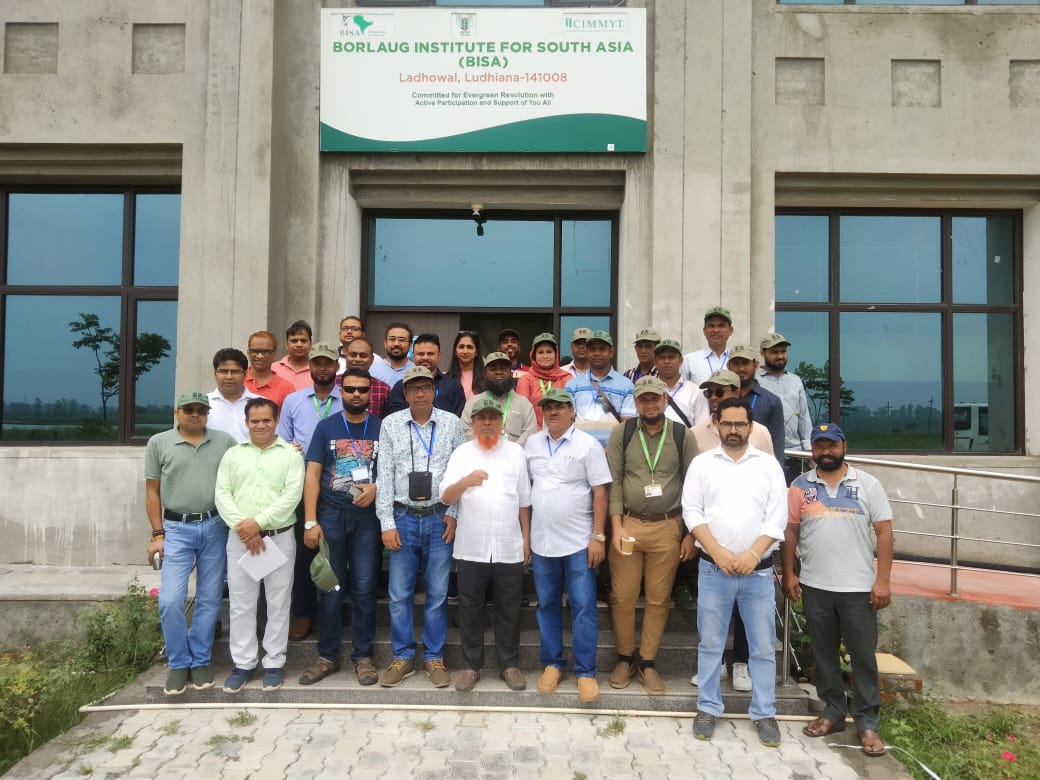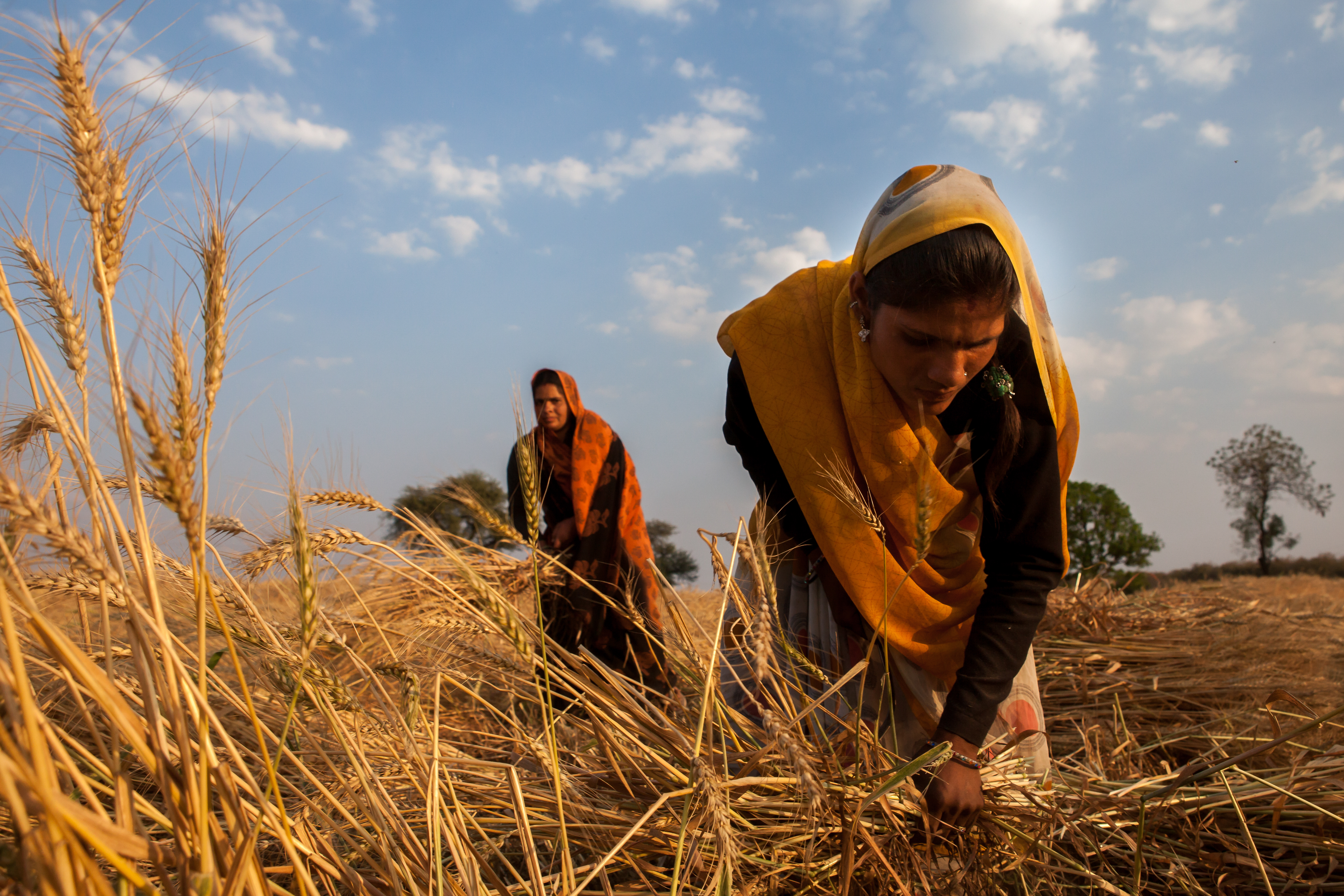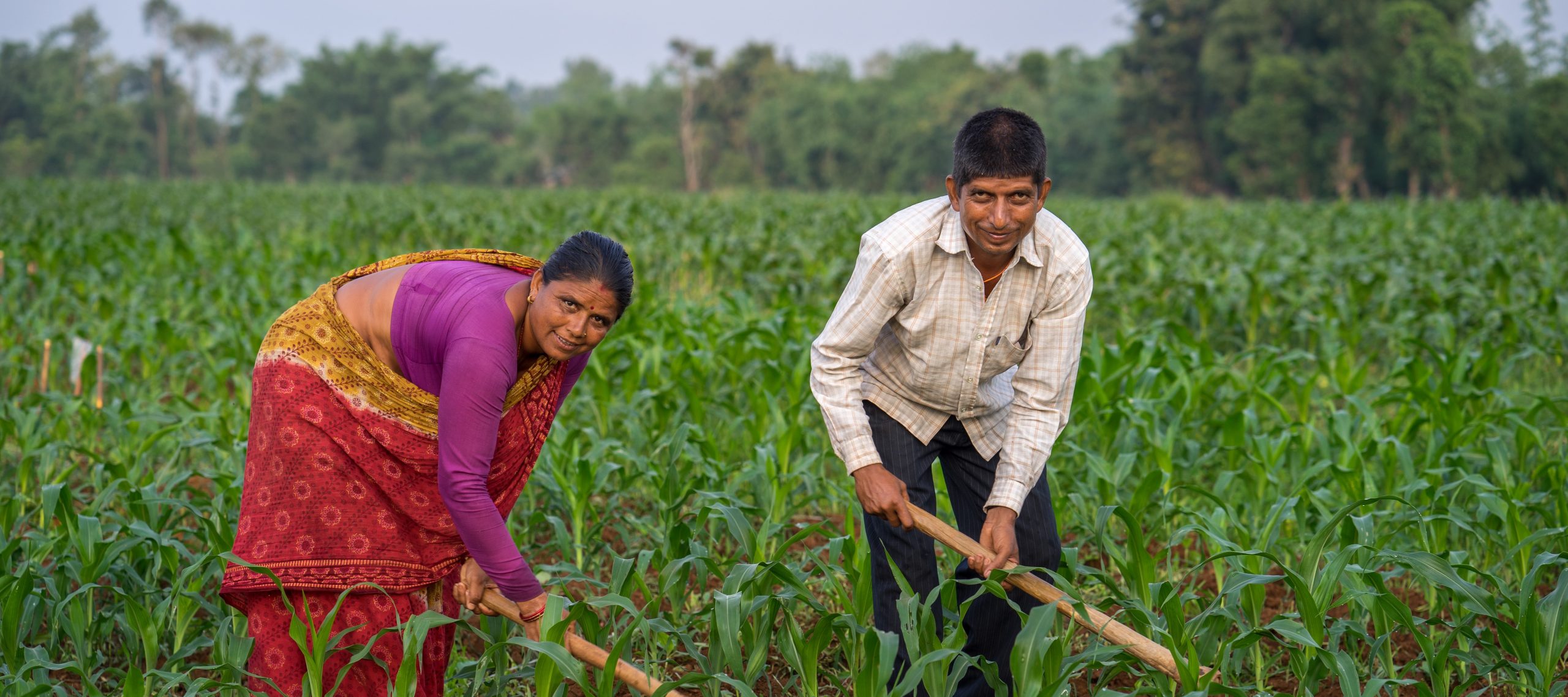Rice is a critical staple for food security and a key export crop for India. The study published in Nature Communications explores context-specific pathways for increasing rice production in India, focusing on sustainable intensification — boosting yields without harming the environment or farm profitability.
The research analyzed over 15,000 field records across seven major rice-producing states in India using advanced machine learning techniques. The study identified nitrogen application and irrigation as key factors limiting yields, particularly in Eastern India (Bihar and Uttar Pradesh). By targeting farms with nitrogen and irrigation deficiencies, the study projects that yield gains could more than triple compared to general recommendations. Specifically, farms suffering from co-limitation by both nitrogen and irrigation could see the most significant gains in productivity and profitability.
Four scenarios for sustainable intensification were evaluated, ranging from blanket application of current nitrogen recommendations to highly targeted interventions. The analysis showed that targeted strategies, focusing on farms with the greatest yield constraints, could significantly improve nitrogen use efficiency and result in greater yields and profitability without excessive resource use.
The study highlights the potential of data-driven, context-specific solutions for rice intensification in India, emphasizing that targeted interventions could offer both higher returns for farmers and better environmental sustainability. It suggests a move away from “one-size-fits-all” approaches towards more precise, farm-specific recommendations based on local conditions and data. This approach could help close yield gaps while aligning with sustainable development goals.
Read the full study.

 Capacity development
Capacity development 
